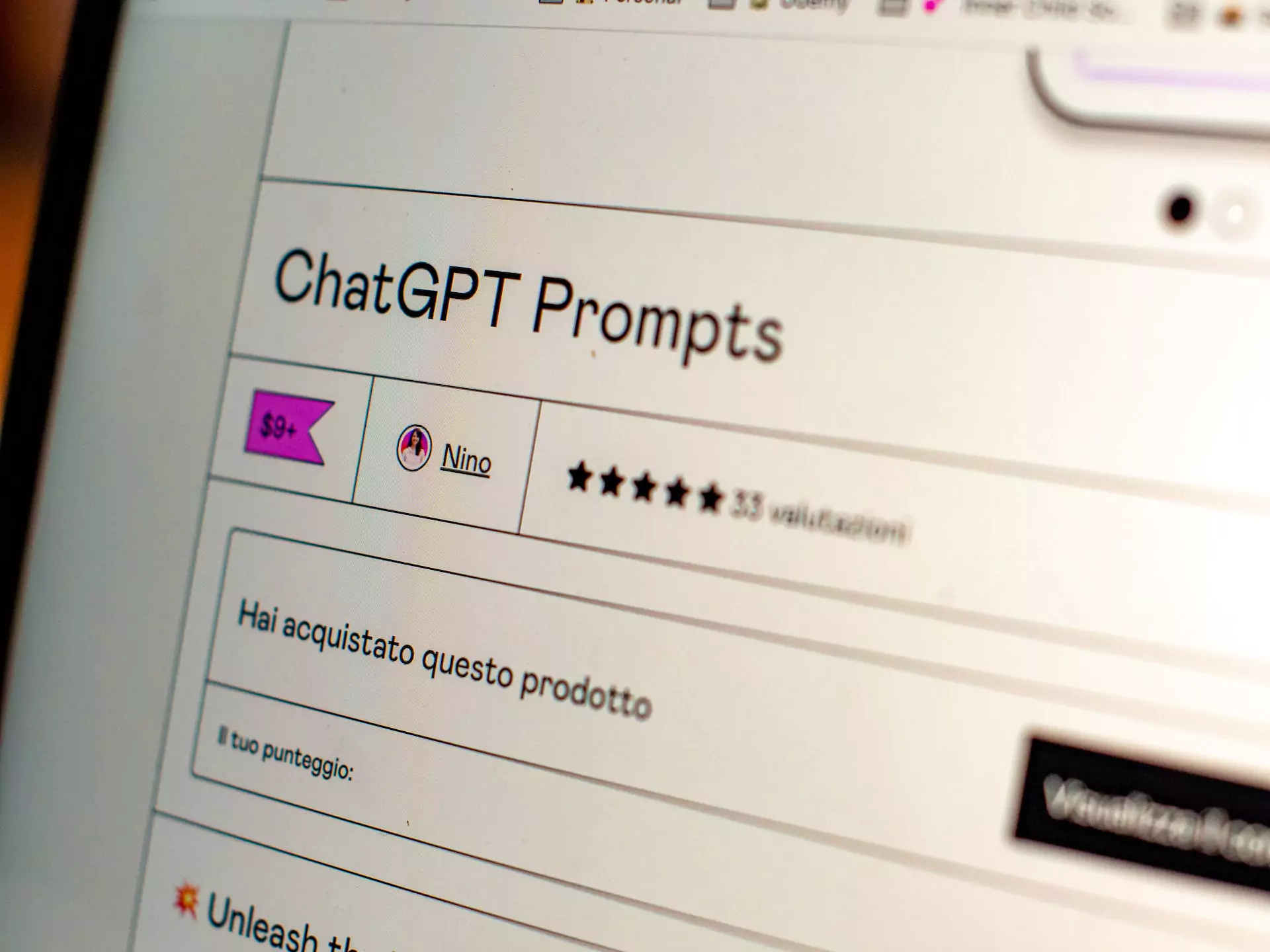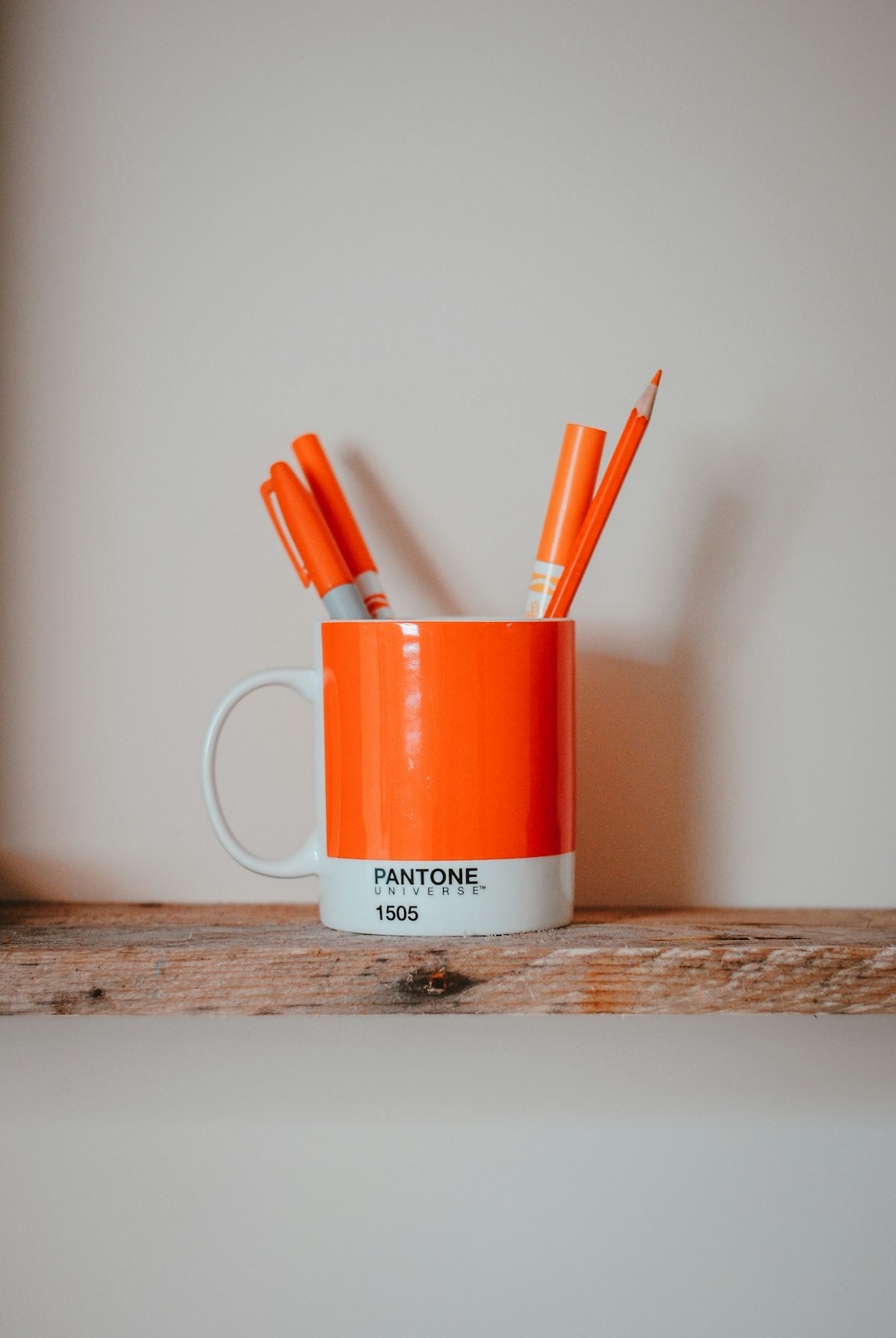The rise of artificial intelligence (AI) has been transforming various industries, and the creator industry is no exception. ChatGPT, MidJourney, and other AI-powered tools have made it easier for creators to produce and distribute content, but they have also raised concerns about the impact on jobs and the quality of creative work. In this article, we will explore the benefits and harms of AI on the creator industry and the implications for creators and consumers.
Benefits of AI in the Creator Industry – article shared by Thomas Ricouard from dimillian.medium.com
AI has brought numerous benefits to the creator industry, including increased efficiency, creativity, and accessibility. For example, ChatGPT is a language model that uses deep learning to generate human-like responses to text prompts. It can help creators generate ideas, write scripts, and even create entire articles or books with minimal human input. This not only saves time but also helps creators overcome writer’s block and access new creative possibilities.
Another area where AI is transforming the creator industry is in content creation and distribution. Platforms like YouTube and TikTok use AI algorithms to recommend content to users based on their viewing history, preferences, and behavior. This has made it easier for creators to reach new audiences and monetize their content, as well as for consumers to discover new creators and content that match their interests.
AI has also made it easier for creators to collaborate and work together, regardless of their location or time zone. Tools like MidJourney use AI to match creators with compatible collaborators based on their skills, interests, and personality traits. This not only helps creators find new collaborators but also helps them build diverse and inclusive teams that can produce high-quality work.
Harms of AI in the Creator Industry
Despite the benefits of AI in the creator industry, there are also concerns about its impact on jobs, quality, and diversity. One major concern is that AI-powered tools may replace human creators, leading to job losses and a decline in the quality of creative work. For example, some music producers worry that AI-generated music will replace human-created music, leading to a loss of creativity and originality in the industry.
There are also concerns that AI algorithms may reinforce biases and inequalities in the creator industry, particularly with respect to gender, race, and other identities. For example, some studies have shown that AI algorithms used in hiring and recruiting can discriminate against women and people of color, perpetuating systemic biases and inequalities.
Furthermore, AI-powered tools may not be accessible to all creators, particularly those from underrepresented or marginalized communities. For example, not all creators have access to the technology or resources needed to use AI tools effectively, which could widen the gap between established and emerging creators.
Implications for Creators and Consumers
The benefits and harms of AI in the creator industry have significant implications for creators and consumers alike. On the one hand, AI can help creators overcome creative blocks, reach new audiences, and collaborate more effectively. On the other hand, it may lead to job losses, a decline in creativity and originality, and perpetuate biases and inequalities in the industry.
For consumers, AI can provide a more personalized and diverse range of content, but it may also reinforce existing biases and inequalities. As such, it is important for creators and consumers alike to be aware of the potential benefits and harms of AI and to work together to ensure that AI is used in ways that promote creativity, diversity.
In addition, AI-powered tools such as MidJourney can help creators with tasks such as market research, content planning, and even content creation (by Damir Yalalov from mpost.io). MidJourney uses natural language processing (NLP) to analyze data and generate insights that can inform content strategies. This type of tool can save creators a significant amount of time and effort by automating tasks that would otherwise require hours of manual labor.
Furthermore, AI-powered tools can also help creators improve the quality of their content. For example, grammar and spelling correction tools can help creators catch errors that they might otherwise miss. This can help creators maintain a professional image and build credibility with their audience.
Despite these benefits, there are also concerns about the impact that AI may have on the creator industry. One concern is that AI-powered tools may make it easier for people to create content without putting in the necessary effort or skill. This could lead to an oversaturation of low-quality content, which could make it harder for quality content to stand out.
Another concern is that AI-powered tools may replace human creators altogether. While this scenario is unlikely in the near future, it is a possibility in the long term. As AI technology continues to advance, it is possible that AI could become sophisticated enough to create content that is indistinguishable from that created by humans.
Despite these concerns, many experts believe that AI will ultimately benefit the creator industry. As LUXIS Design notes, AI has the potential to unlock new levels of creativity and innovation by automating routine tasks and freeing up creators to focus on more complex and creative work.
In conclusion, AI-powered tools such as ChatGPT and MidJourney have the potential to benefit the creator industry by streamlining processes, improving content quality, and unlocking new levels of creativity. However, there are also concerns about the impact that AI may have on the industry, including the possibility of an oversaturation of low-quality content and the potential replacement of human creators. Ultimately, the key to harnessing the benefits of AI while mitigating its risks will be to approach AI as a tool to enhance human creativity rather than as a replacement for it.




